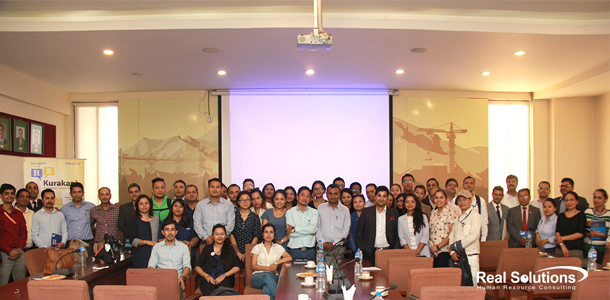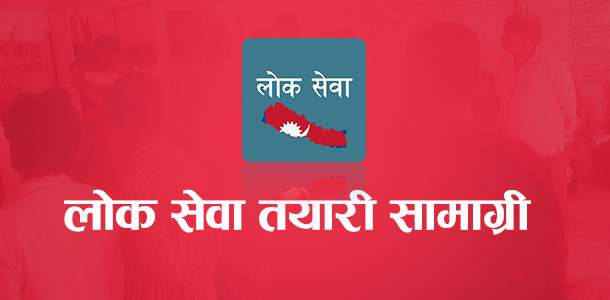The government of Nepal has launched the National Employment Promotion Program to strengthen the country’s labor market and create more job opportunities domestically. Prime Minister KP Sharma Oli announced this initiative during the fifth National Labor and Employment Conference. It is expected to address the ongoing employment challenges and reduce dependency on foreign employment.
A Step Towards Strengthening the Domestic Labor Market
Addressing the conference, Minister for Labor, Employment, and Social Security Sharatsingh Bhandari emphasized the importance of this program in fostering dignified employment opportunities within Nepal. He acknowledged that many Nepali workers seek employment abroad due to limited job options and economic constraints at home. The government aims to change this trend by enhancing domestic employment opportunities over the next ten years.
Key Focus Areas of the Employment Promotion Decade (2081/82 - 2091/92)
The government has outlined a decade-long strategy to promote internal employment by collaborating with the private sector and encouraging entrepreneurship. Minister Bhandari highlighted several key areas that will be prioritized to generate employment:
- Support for Small and Medium Enterprises (SMEs): Creating a favorable economic and financial environment to encourage small and medium-sized businesses.
- Trade Promotion and Local Production: Expanding trade promotion services, encouraging the use of locally produced goods and services, and fostering self-employment opportunities.
- Encouragement for Startups: Promoting startup schemes to drive innovation and business growth.
- Financial and Economic Reforms: Facilitating financial accessibility to businesses and workers to support economic stability.
- Public-Private Partnerships (PPPs): Strengthening government and private sector collaboration to ensure sustainable job creation.
Improving Labor Market Management
The government is set to implement an integrated labor market management system to align job seekers with employment opportunities. This includes enhancing technical and vocational education in collaboration with the private sector to meet the demands of the job market.
Ensuring Social Security for Workers
Minister Bhandari also addressed the social security concerns of private sector employees. He acknowledged that government jobs are often preferred due to the pension benefits they offer. To address this disparity, the Social Security Fund has been introduced to ensure private-sector workers can receive pension benefits. Additionally, the initiative aims to formalize informal sectors, integrating more workers into the structured economy.
The National Employment Promotion Program marks a significant step in Nepal’s efforts to create a sustainable and self-reliant labor market. By focusing on entrepreneurship, private sector growth, and social security, the government aims to reduce dependency on foreign employment and provide better job opportunities within the country. The next decade will be crucial in determining the success of these policies and their impact on Nepal’s economic landscape.















